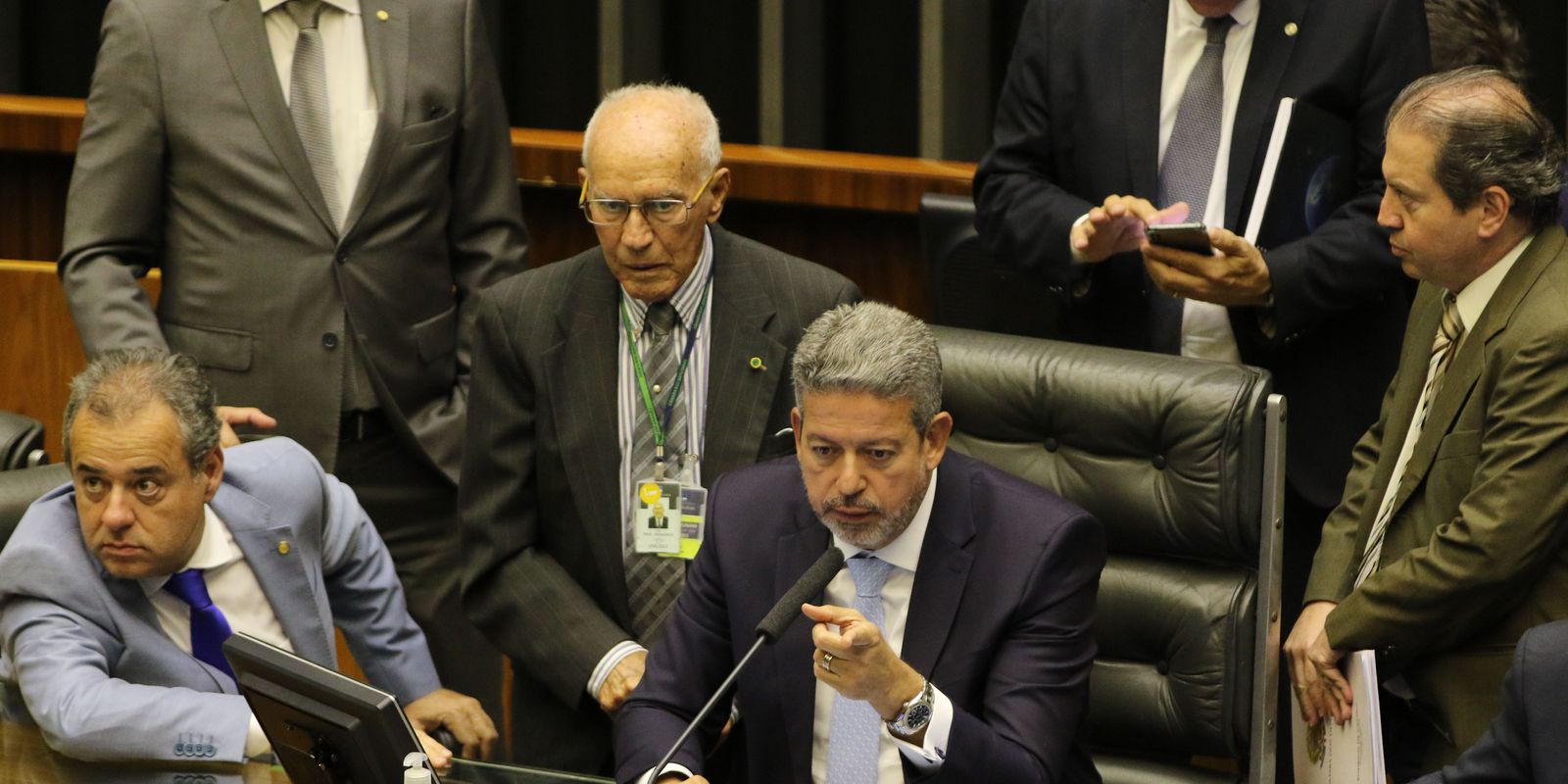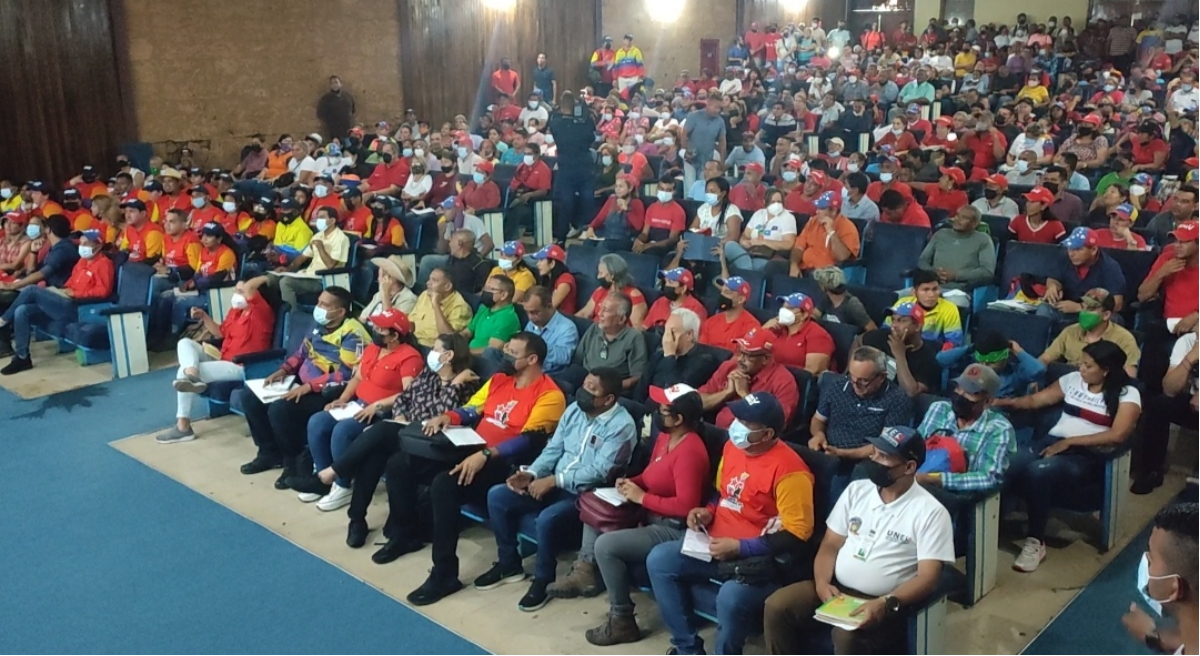Florencia Alcaraz: “Not one less allowed mass feminism”
Seven years after the first march, the journalist Florencia Alcaraz assured before the advance of the right-wing sectors at a global level, that feminisms have two tasks: “On the one hand, to sustain and take care of what we have achieved, and on the other, to continue disputing senses”.
“Although from 2015 to now, an awareness of the structural problem of sexist violence has been achieved, the reality is that the rates of femicide have not changed much,” Alcaraz told Télam Radio.
The co-director of LatFem recognized that the feminist movement already had “robustness” from the Plurinational Meetings of Women, Lesbians, Transvestites and Trans that have been held since 1986.
“The feminist movement is part of the history and lineage of the Human Rights movement,” Alcaraz emphasized.
From a new point in the history of feminism in Argentina, “no person can be distracted from the demands of the feminist movement,” he said.
Alba Rueda: “Our feminisms are the answer to inequalities”

The Special Representative on Sexual Orientation and Gender Identity of the Foreign Ministry, Alba Rueda, pointed out in the face of the advance of hate speech, that feminism “has the political role of rethinking societies from a legal perspective.”
Rueda, highlighted in dialogue with Télam Radio the figure of Diana Sacayán, who attended the 2015 march with a sign that said “Stop killing us” and months later was the victim of a transvesticide.
“The embrace in the Ni una Menos march is undoubtedly one of the great themes that our movement crosses, which is publicly grieving lesbicides, transvesticides and the violence that our community experiences,” said the trans referenta.
In the context of certain advances in hate speech by right-wing sectors, Rueda was forceful in stating that “our feminisms are the response to war, economic inequalities, in the care of life, and in the transformation of these inequalities to a world that represents everyone”.
Natalia Maderna: “The feminist perspective in the sports media helps drive the agenda”

Soccer commentator Natalia Maderna reflected on how Ni una menos had an impact on the world of sports and sports journalism.
Speaking to Télam Radio, Maderna pointed out that “political decisions are lacking for the hegemonic sports media to effectively speak with a gender perspective.”
In this regard, the journalist pointed out that from 2015 to today, “the steps have been smaller than we would like.”
In the hegemonic sports media, the female presence is still low, the stereotypes of female journalists are still the same and the feminist perspective is almost nil.
“Without feminisms in sports programs, it is not possible to drive the agenda,” said the YPF Championship rapporteur,
On the other hand, Maderna emphasized that “there is a lack of feminists so that there is a gender perspective in the way of telling the news.”
Finally, he stressed that the directors of sports channels who claim not to find women sports journalists, “lack the political decision to want to tell sports with a gender perspective.”








